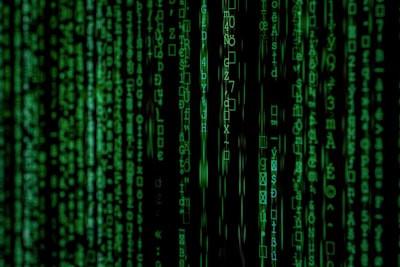Why Digital Is a State of Mind, Not Just a Skill Set
Curated from: hbswk.hbs.edu
Ideas, facts & insights covering these topics:
4 ideas
·446 reads
4
Explore the World's Best Ideas
Join today and uncover 100+ curated journeys from 50+ topics. Unlock access to our mobile app with extensive features.
Thriving in the digital age
Thanks to digital technology, business leaders have much more to learn and master to succeed in a modern organisation.
To be successful in the digital age requires more than only acquiring digital technology skills. It requires you to think differently.
Leaders need to:
- Understand the foundational principles of new technology such as coding, programming languages, scripts, algorithms, compiling, and machine language.
- Be aware of the biases of artificial intelligence (AI).
- Challenge how data was produced, who had access to it, and how well it represents behaviour.
11
140 reads
Developing a digital mindset
Leaders can't be afraid of technology and data work. They need to understand how machines learn to lead their organisation. We need to see through the lens of technology, data, organisational design and change.
Leaders need a new approach to data. For example:
- How do you collaborate successfully with machines?
- An AI agent cannot accurately infer your intentions. It cannot communicate using colloquialisms and conventions from informal conversations.
12
119 reads
Creating a digital presence
The rise of remote work is raising new questions, such as ensuring colleagues feel the presence of work-at-home employees when they're not in the same room.
Workers must develop a digital presence.
- They need to understand the use of asynchronous communication.
- When you mainly engage through digital tools, it's vital to introduce structured and unstructured time, so people engage in the non-work elements of their world, making people feel more connected.
- Remote workers should be aware of the "Mutual Knowledge Problem", which is a lack of shared understanding of place, context, and emotion.
10
95 reads
Data is not truth
Data is, in many ways, the DNA of organisational decision-making. But data does not always provide truth. It needs to be analysed and challenged. When someone lacks a digital mindset, they can accept data as gospel.
Data is biased since biased humans gather and interpret data and build models that don't take potential risks from incomplete or misunderstood data into account.
Remedies include:
- Embedding ethical or bias reviews into data.
- Understanding how to present data. Too much or too little data cause people to draw the wrong conclusions.
11
92 reads
IDEAS CURATED BY
Emmett 's ideas are part of this journey:
Learn more about remotework with this collection
The differences between Web 2.0 and Web 3.0
The future of the internet
Understanding the potential of Web 3.0
Related collections
Similar ideas
18 ideas
How Search Engines Use Machine Learning: 9 Things We Know For Sure
searchenginejournal.com
10 ideas
Read & Learn
20x Faster
without
deepstash
with
deepstash
with
deepstash
Personalized microlearning
—
100+ Learning Journeys
—
Access to 200,000+ ideas
—
Access to the mobile app
—
Unlimited idea saving
—
—
Unlimited history
—
—
Unlimited listening to ideas
—
—
Downloading & offline access
—
—
Supercharge your mind with one idea per day
Enter your email and spend 1 minute every day to learn something new.
I agree to receive email updates


